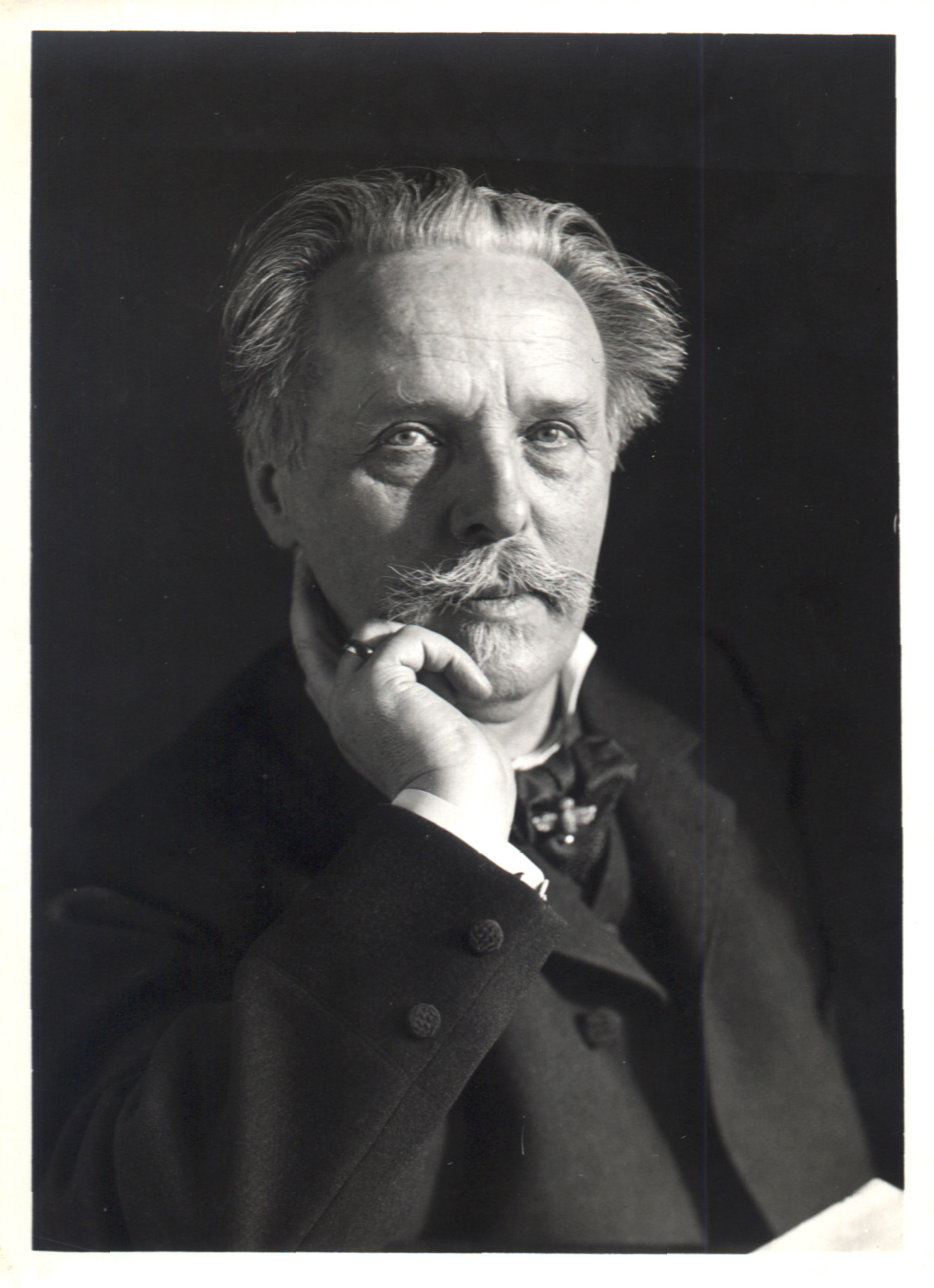1842 In Germany on:
[Wikipedia]
[Google]
[Amazon]
Events from the year 1842 in Germany.
p. 19
. *The Walhalla is a

 *
*
 * July 28 – Clemens Brentano, German poet (b.
* July 28 – Clemens Brentano, German poet (b.
Incumbents
* Kingdom of Prussia – ** Monarch – Friedrich Wilhelm IV (1840–1861) * Kingdom of Bavaria ** Monarch - Ludwig I (1825–1848) ** Prime Minister –Karl von Abel
Karl von Abel (September 17, 1788 – September 3, 1859) was a Bavarian statesman.
Born in Wetzlar, Abel was the son of a procurator at the superior Court of Justice. He studied law in Gießen from 1806-1809, and became a civil servant of Bavari ...
(1837–1847)
* Kingdom of Saxony – Frederick Augustus (1836–1854)
* Kingdom of Hanover– Ernest Augustus (1837–1851)
* Kingdom of Württemberg – William (1816–1864)
Events
*The Great fire of Hamburg began early on May 5, 1842, inDeichstraße
Deichstraße (lit. "dike street") is the oldest remaining street in the Altstadt of Hamburg, Germany and a popular visitor attraction in the city.
Deichstraße dates back to the 14th century; it was first mentioned in 1304. Located adjacent to N ...
and burned until the morning of May 8, destroying about one third of the buildings in the Altstadt
''Altstadt'' is the German language word for "old town", and generally refers to the historical town or city centre within the old town or city wall, in contrast to younger suburbs outside. '' Neustadt'' (new town), the logical opposite of ''Alt ...
.Harry Braun and Manfred Gihl, ''Der große Hamburger Brand von 1842'', Erfurt: Sutton, 2012, p. 19
. *The Walhalla is a
hall of fame
A hall, wall, or walk of fame is a list of individuals, achievements, or other entities, usually chosen by a group of electors, to mark their excellence or Wiktionary:fame, fame in their field. In some cases, these halls of fame consist of actu ...
that honours laudable and distinguished people in German history – "politicians, sovereigns, scientists and artists of the German tongue" completed in 1842.Official Guide booklet, 2002, p. 3
Births

 *
* February 23
Events Pre-1600
* 303 – Roman emperor Diocletian orders the destruction of the Christian church in Nicomedia, beginning eight years of Diocletianic Persecution.
* 532 – Byzantine emperor Justinian I lays the foundation stone of a ...
– Karl Robert Eduard von Hartmann
Karl Robert Eduard von Hartmann, was a German philosopher, independent scholar and author of ''Philosophy of the Unconscious'' (1869). His notable ideas include the theory of the Unconscious and a pessimistic interpretation of the "best of all p ...
, German philosopher (d. 1906
Events
January–February
* January 12 – Persian Constitutional Revolution: A nationalistic coalition of merchants, religious leaders and intellectuals in Persia forces the shah Mozaffar ad-Din Shah Qajar to grant a constitution, ...
)
* February 25
Events Pre-1600
* 138 – Roman emperor Hadrian adopts Antoninus Pius as his son, effectively making him his successor.
* 628 – Khosrow II, the last great Shah of the Sasanian Empire (Iran), is overthrown by his son Kavadh II.
...
– Karl May, German writer (d. 1912
Events January
* January 1 – The Republic of China (1912–49), Republic of China is established.
* January 5 – The Prague Conference (6th All-Russian Conference of the Russian Social Democratic Labour Party) opens.
* January 6 ...
)
* June 11 – Carl von Linde, German scientist, engineer (d. 1934
Events
January–February
* January 1 – The International Telecommunication Union, a specialist agency of the League of Nations, is established.
* January 15 – The 8.0 1934 Nepal–Bihar earthquake, Nepal–Bihar earthquake strik ...
)
* July 2 – Albert Ladenburg
Albert Ladenburg (July 2, 1842August 15, 1911) was a German chemist.
Early life and education
Ladenburg was a member of the well-known Jewish in Mannheim. He was educated at a Realgymnasium at Mannheim and then, after the age of 15, at the tec ...
, German chemist (d. 1911
A notable ongoing event was the Comparison of the Amundsen and Scott Expeditions, race for the South Pole.
Events January
* January 1 – A decade after federation, the Northern Territory and the Australian Capital Territory ...
)
* July 4 – Hermann Cohen, German-Jewish philosopher (d. 1918
This year is noted for the end of the First World War, on the eleventh hour of the eleventh day of the eleventh month, as well as for the Spanish flu pandemic that killed 50–100 million people worldwide.
Events
Below, the events ...
)
Deaths
* January 12 – Johanna Stegen, German heroine (b.1793
The French Republic introduced the French Revolutionary Calendar starting with the year I.
Events
January–June
* January 7 – The Ebel riot occurs in Sweden.
* January 9 – Jean-Pierre Blanchard becomes the first to fl ...
)
* March 6 – Constanze Mozart, German-born wife of Wolfgang Amadeus Mozart (b.1762
Events
January–March
* January 4 – Britain enters the Seven Years' War against Spain and Naples.
* January 5 – Empress Elisabeth of Russia dies, and is succeeded by her nephew Peter III. Peter, an admirer of Frederick t ...
)
 * July 28 – Clemens Brentano, German poet (b.
* July 28 – Clemens Brentano, German poet (b. 1778
Events
January–March
* January 18 – Third voyage of James Cook: Captain James Cook, with ships HMS ''Resolution'' and HMS ''Discovery'', first views Oahu then Kauai in the Hawaiian Islands of the Pacific Ocean, which he na ...
)
References
Bibliography
{{Year in Europe, 1842 Years of the 19th century in Germany Germany Germany